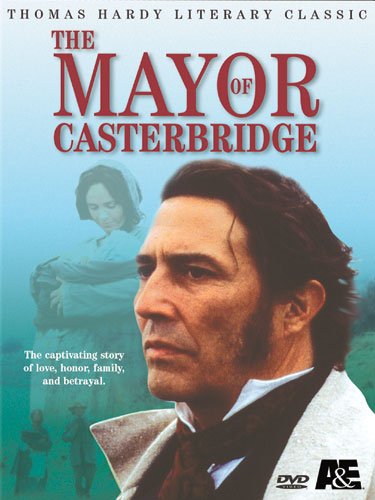
The company within the tent, consisting mostly of low people, now happens to discuss the frustrating effect of early marriage on the careers of young men. As a result he gets more and more drunk and his subconscious desire begins to surface.

The young hay-trusser soon joins the game by winking at the furmity-woman, and starts taking basin after basin of this intoxicating concoction. But the relief proves to be ironical, because the proprietress of the furmity tent is an evil hag who loves to carry on an underhand business, for greater profit, by mixing smuggled rum with furmity, and selling it to the customers who want it at a higher price. But knowing the man’s propensity for drinks and the bad effect it has on him on occasions, the wife successfully guides him to the apparently harmless furmity tent. The husband and wife, it has been clearly pointed out, do not cherish any mutual love, and they even avoid conversation with each other as far as possible. One of them is the licensed liquor tent, the other is selling furmity. On entering the fair-ground, the family can see two prominent tents offering refreshments. He comes from a distant village in search of job, and arrives at the fair at about evening, tired from walking all day, and hungry as well. He comes to Weydon Priors along with his wife and child on a fair-day. The central figure of the episode, as yet unnamed, is a young hay-trusser of twenty-one. The whole scene is presented so vividly that the reader has the impression of being present at the very location and witnessing every moment of the strange transaction. It is like the drama of life beginning at the point of climax, and all subsequent events of the protagonist’s career revert to this height of his sin committed in the very first scene of the novel. Weird, absurd, phantasmagoric, whatever epithet we may use to stress the strangeness and unrealisticness of the episode, it remains a master piece of fictional achievement, a symbolic representation of the motto “What will be, will be”, and a parable of universal significance. Like Shakespeare, the dramatist, Thomas Hardy, the novelist takes great care to make the opening chapter of his story impressive and interesting, so that the readers at once feel like glued to it.

The Wife Selling Scene in The Mayor of Casterbridge


 0 kommentar(er)
0 kommentar(er)
